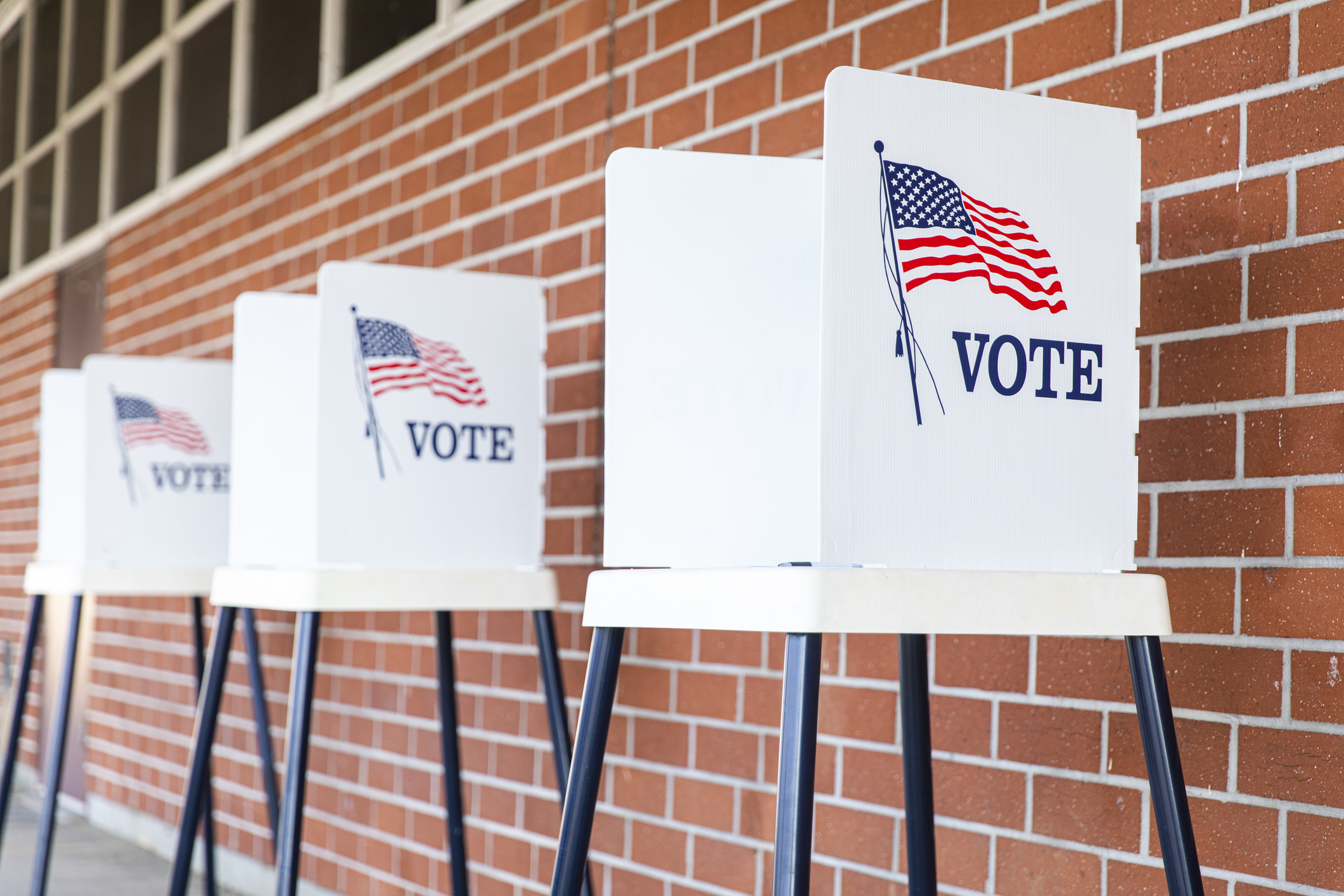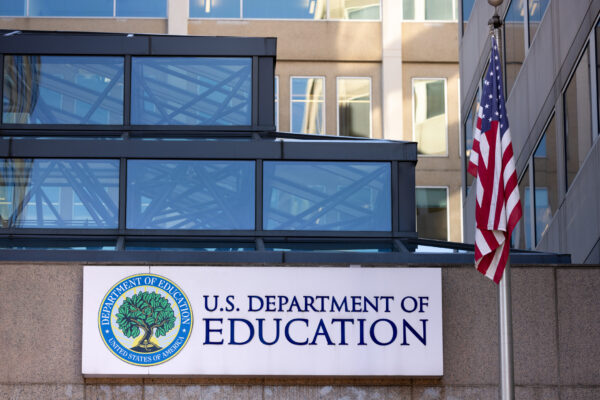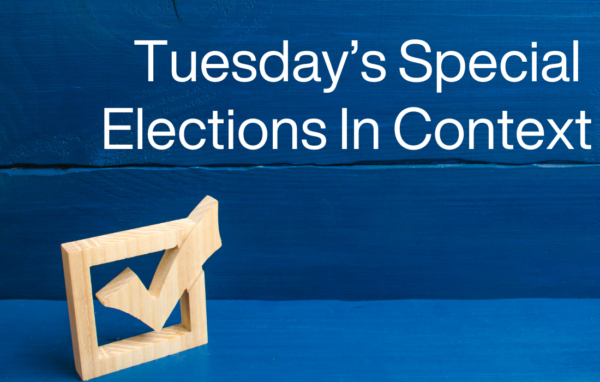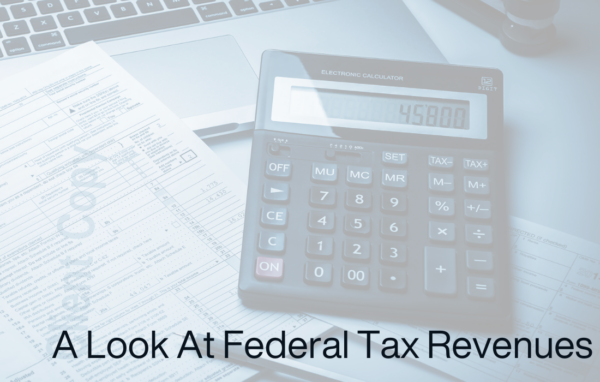One observation that has become commonplace in recent years when talking about changing partisan trends is that the Democratic Party is becoming the party of educated voters, while voters with less education are increasingly voting Republican.
How true is this analysis? To answer this question, we took a look at data from the most recent survey for Winning the Issues (February 24-25). Voters were asked to characterize their typical voting behavior, from voting straight Republican to straight Democrat. Overall, the electorate is pretty evenly split, with 35% saying they vote straight or mostly Republican, 36% saying they vote straight or mostly Democrat, and 25% saying they slightly favor one party over another or that they split their ticket evenly.
Looking at the results by level of education shows a remarkable level of consistency.
- Those who never attended college (19% of the 2020 Presidential electorate, 16% of the 2022 Congressional electorate) split 33-32 Republican-Democrat, with 28% saying they slightly favor one party or split their ticket evenly.
- Those who attended college but received no degree (23% of the 2020 Presidential electorate; 27% of the 2022 Congressional electorate) split 37-38, with 21% indicating they split their ticket or only slightly favor one party.
- Associate’s degree holders (16% of the 2020 Presidential electorate; 15% of the 2022 Congressional electorate) split 32-33, with 31% saying they slightly favor one party or split their ticket evenly.
- Bachelor’s degree holders, split 38-38, with 23% slightly favoring one party or splitting their ticket evenly. Voters with a bachelor’s degree accounted for about a quarter of the 2020 Presidential electorate (27%) and the 2022 Congressional electorate (25%).
- Even voters with a postgraduate education say they only favor Democrats but only by a margin of 5 (32-37, 28% slightly favor one party/split ticket evenly). This group made up 15% of the 2020 Presidential electorate and 19% of the 2022 Congressional electorate.

There is no education level that characterizes itself as overwhelmingly partisan, though those with graduate degrees have a slightly favor Democrats. Though it can be easy to reduce voting behavior to simple narratives, the data from this survey show that the reality is likely much more nuanced.







